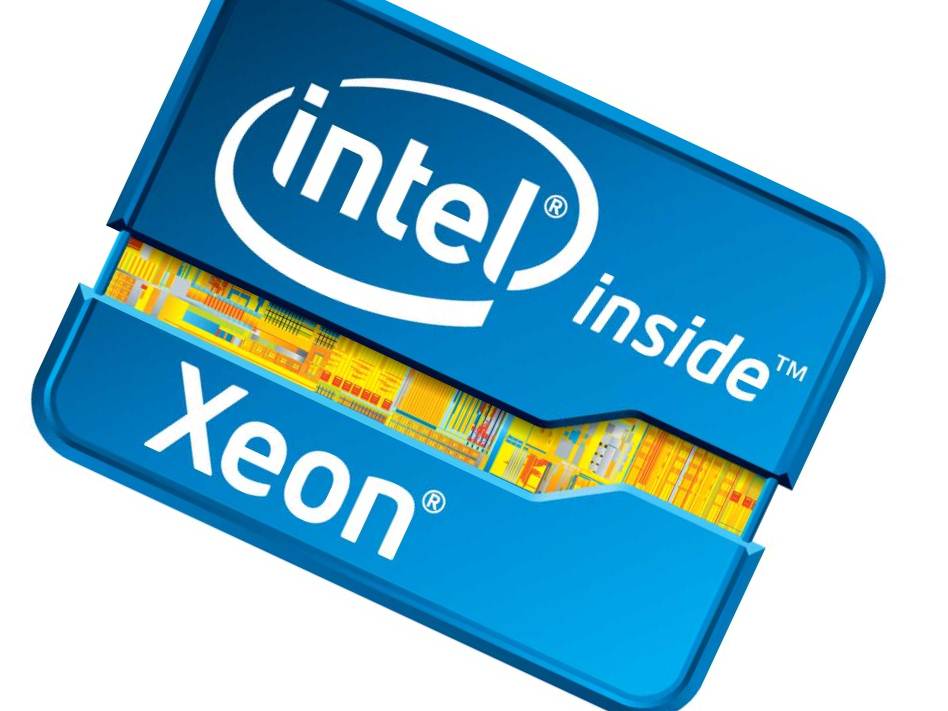Intel: New server needed for every 120 tablets sold
Launches Xeon E5, claims 80 per cent performance improvement

Sign up for breaking news, reviews, opinion, top tech deals, and more.
You are now subscribed
Your newsletter sign-up was successful
Intel reckons that a new server needs to be deployed for every 120 tablets or 600 smartphones that hit the market.
The chip giant has launched a new server chip, the Xeon E5-2600 with up to eight cores, but it was more interested in talking about it in terms of the sheer number of connected devices we're connecting to the cloud every day.
"The role of data is changing dramatically, how it will evolve is becoming increasingly unpredictable," said Intel UK chief Graham Palmer.
"What is happening? There's an explosion of data, there's an explosion of devices connecting to the internet. Our view is that in 2015 there will be 15 billion devices connecting to the internet in some way, with 3.1 billion individuals connected."
"Our own assessment is that as these devices grow, for 600 smartphones or every 120 tablets, that requires another server to be deployed. There's a direct correlation between the number of devices and the deployment of servers to support them."
"Those 15 billion devices are setting a key challenge for those tasked with architecting these [systems].
"Before, IT [departments] were the unsung hero, running our businesses. Today it's very different because the innovation…is the entire foundation of the new services those businesses can offer. This is creating a much more forward-thinking role for IT staff.
Sign up for breaking news, reviews, opinion, top tech deals, and more.
"We're seeing a 20 times increase in demand for compute performance and 10 times for storage [capacity]."
Intel claims the new chip has a potential performance improvement of 80 per cent over the previous generation. The corporation also reckons it has twice the design wins ready to go for the new chip compared to the Nehalem-based Xeon 5500 from 2009.
There's also an enhanced version of Turbo Boost that can redirect power from an idle core to an active one, meaning it can better handle workload spikes – power needs are reassessed every 10ms.
Dan (Twitter, Google+) is TechRadar's Former Deputy Editor and is now in charge at our sister site T3.com. Covering all things computing, internet and mobile he's a seasoned regular at major tech shows such as CES, IFA and Mobile World Congress. Dan has also been a tech expert for many outlets including BBC Radio 4, 5Live and the World Service, The Sun and ITV News.